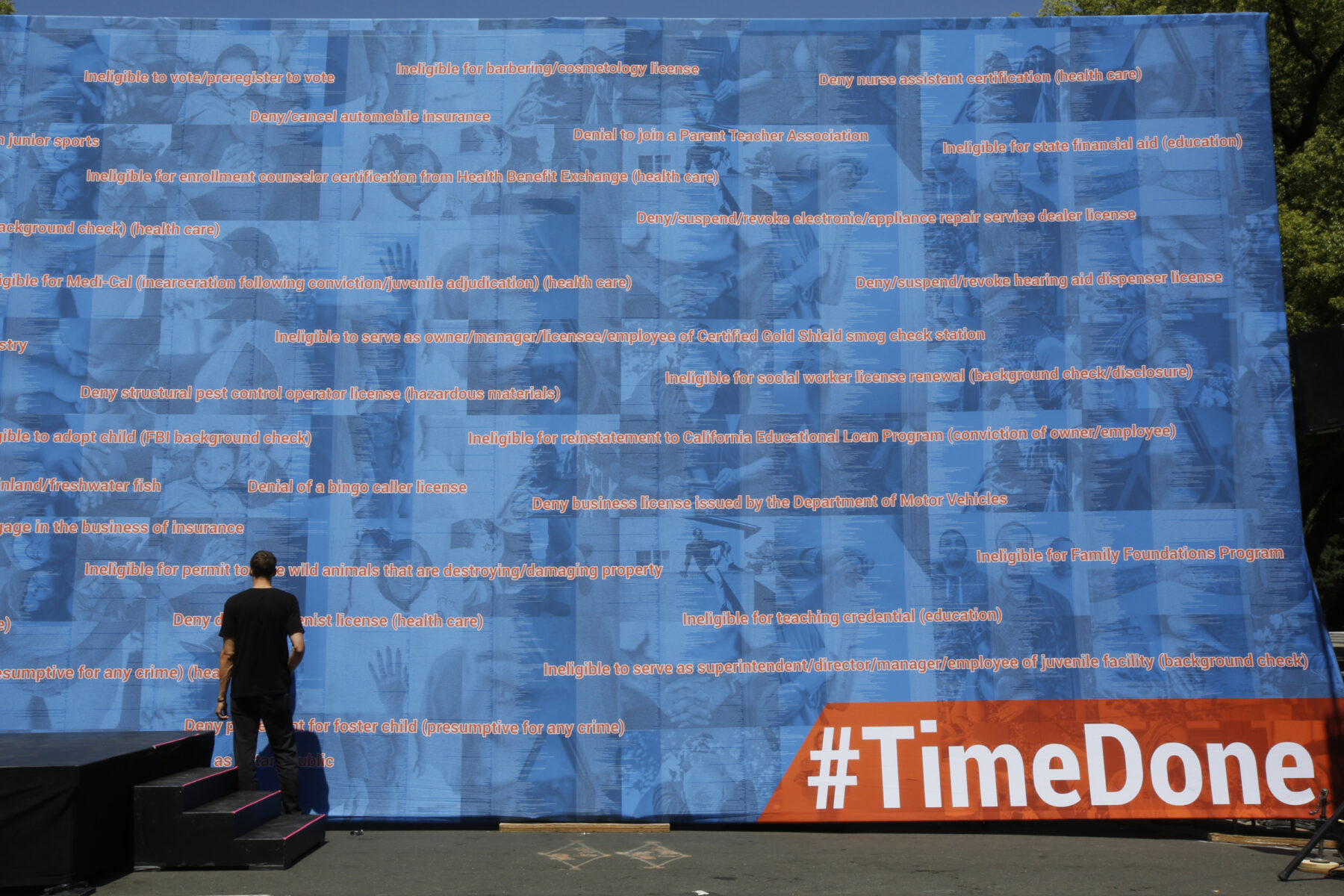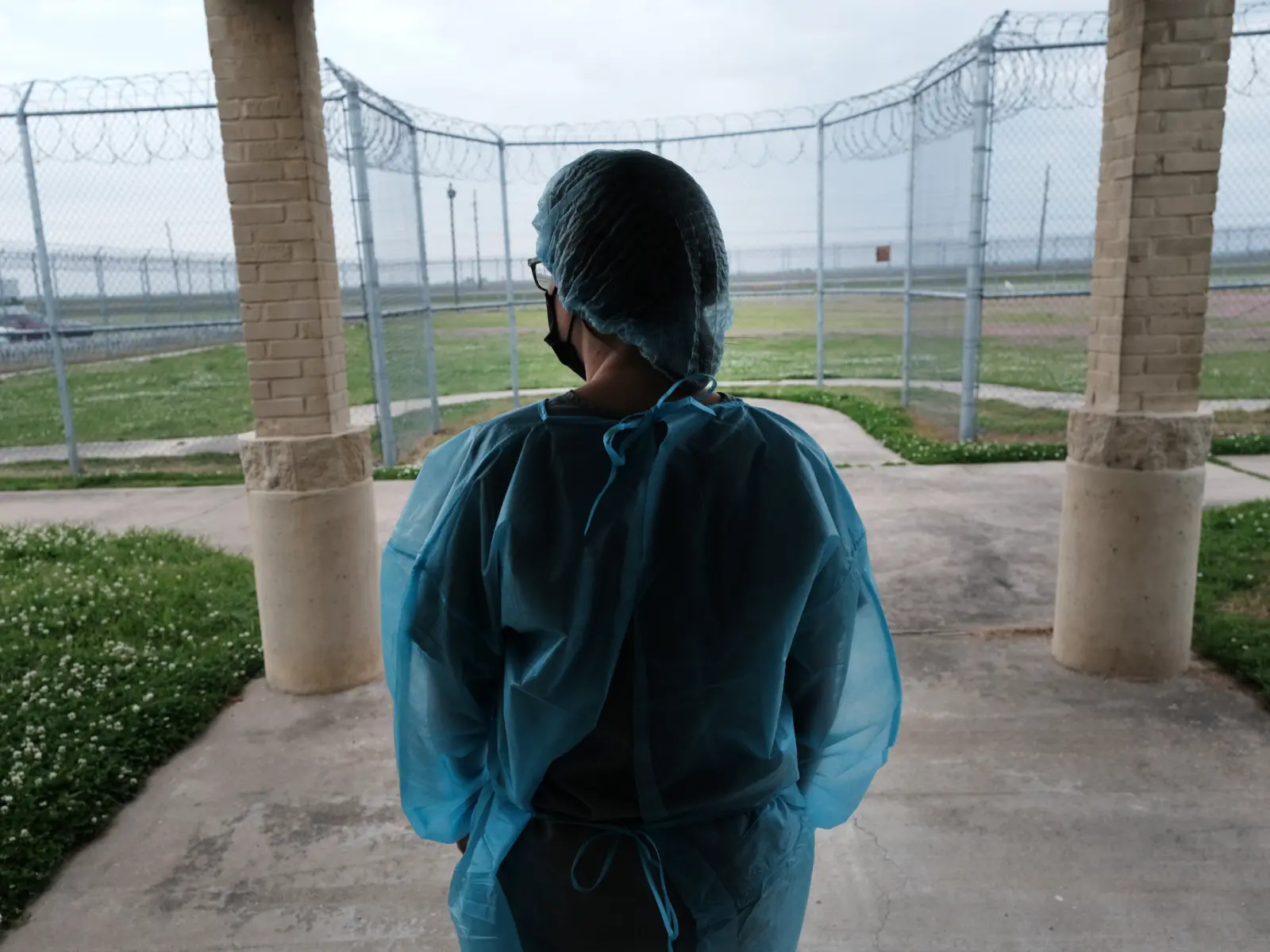Should a criminal sentence merit a lifetime of punishment? America’s criminal justice system has exploded in scope over recent decades. Today, about one in every three American adults has a criminal record. For people involved with the justice system, punishment does not end when they leave prison or jail. Many of the things taken for granted — casting a ballot, getting a job, securing financial aid for college, accessing affordable housing — are denied to those with criminal records.
The collateral consequences of possessing a criminal record can be seen in the more than 44,000 state and federal barriers targeted at people involved in the justice system. While there is little evidence that these barriers make communities safer, they do make it significantly harder for someone to reintegrate into society.
The scope of this problem is truly staggering. Nearly half of all U.S. children have a parent with a record. And this burden is disproportionately shouldered by people of color, who are far more likely to face arrest.
In this episode of Deep Dive, Laura Arnold sits down with three guests to examine the vast and complex web of legal barriers and exclusions that people with criminal records face, the way these barriers reinforce racial inequity and the implications for society writ large.
Tarra Simmons is executive director of the Civil Survival Project and a member of the Washington House of Representatives. Dana Berliner is senior vice president and litigation director at the Institute for Justice, a leading organization that focuses on safeguarding individual liberty. Reuben Jonathan Miller is a sociologist at the University of Chicago whose research on mass incarceration explores the intersection of race, poverty, crime control, and social welfare policy. He is the author of the book Halfway Home: Race, Punishment and the Afterlife of Mass Incarceration.
How to listen
Listen to the podcast in the player above or on iTunes, Spotify, Stitcher, or your favorite podcast app.
About the host
Laura Arnold is the Co-Founder and Co-Chair of Arnold Ventures, founded in 2010, and an attorney and former oil company executive. Read more about her here.

























